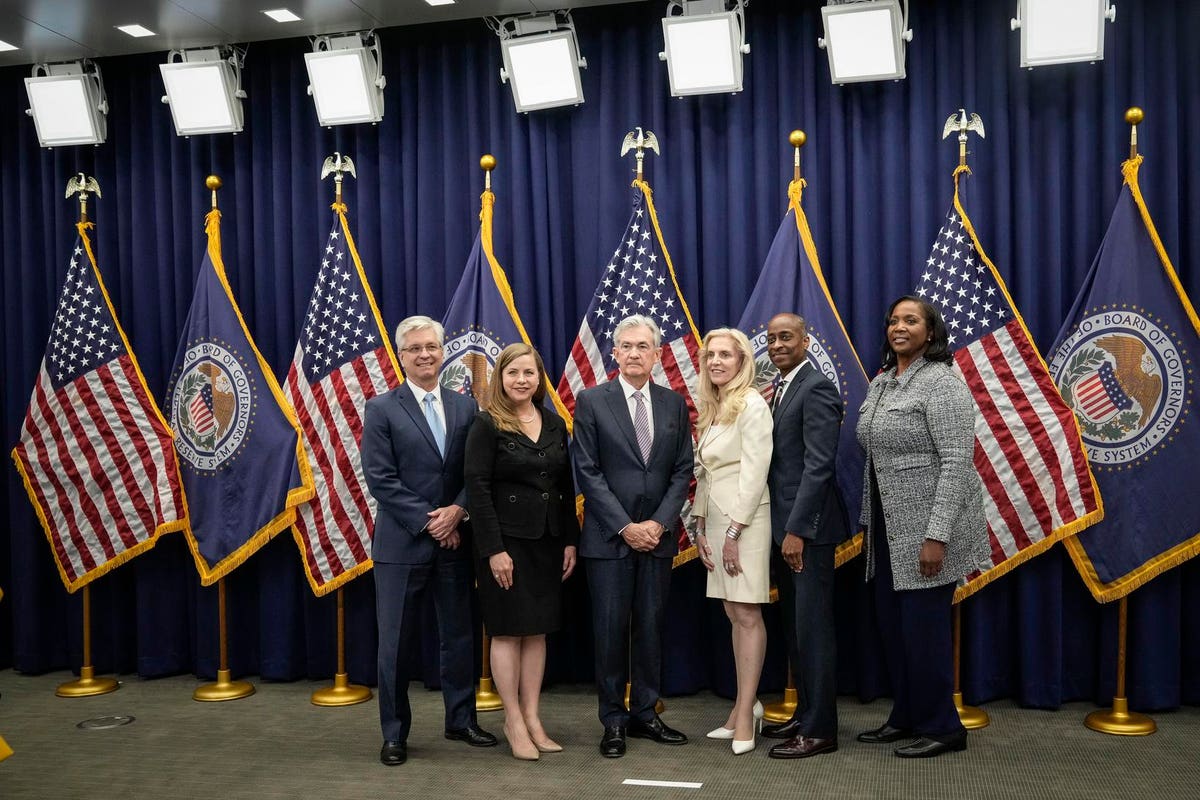Federal Reserve Governor Philip Jefferson will succeed Lael Brainard as Fed vice chair, according to CNBC.
When I interviewed Jefferson 19 years ago for the Swarthmore College Bulletin, I did not anticipate he would rise from Associate Professor of Economics to Fed Vice Chair.
In rereading his 2004 remarks, he stood out among the Swarthmore faculty as being open to the idea of alumni pursuing careers in business — particularly entrepreneurship.
If he still believes what he said then, it could bode well for his policies as Fed Vice Chair.
Biden Nominates Jefferson For Vice Chair of the Federal Reserve Board Of Governors
President Joe Biden nominated Jefferson for the Vice Chair position — which must be confirmed by the Senate.
He was a professor and a dean before becoming a Fed Governor three years ago. According to CNBC, he was a professor of economics at Columbia University and Swarthmore as well as vice president for academic affairs and dean of faculty at Davidson College.”
Since the Senate confirmed him to the board in May 2022, he has been “relatively quiet on the policy front.” He recently remarked the Fed should not increase its 2% inflation target and was not “especially worried about the pace at which the economy is slowing,” CNBC noted.
In a statement, Biden — who also nominated Adriana Kugler for a vacant governor’s seat and Lisa Cook for another term as governor — said, “These nominees understand that this job is not a partisan one, but one that plays a critical role in pursuing maximum employment, maintaining price stability, and supervising many of our nation’s financial institutions.”
Why Jefferson Was Pro-Entrepreneurship In 2004
In 2004, Jefferson struck me as someone who felt that profit is not immoral if it is generated from solving a business problem.
As he told me, “Swarthmore’s purpose is to help students process new ideas. There is a natural realization that ideas are useful in a variety of situations, and there’s no reason to exclude business.”
Jefferson saw profit as the reward for students using the tools of economics to identify and solve business problems. “If a student says, ‘I’m interested in business,’ I don’t try to dissuade him or her. What are the problems in business? How will they solve them? If they develop solutions to these problems, there is no moral issue in making money,” he said.
He also viewed a Swarthmore education as a potential foundation for an entrepreneurial career. Jefferson explained that the college’s emphasis on independent thinking and risk taking was likely to be better preparation “for an entrepreneurial career than for a position in a Fortune 100 firm.”
Ultimately, he described entrepreneurship as seeing and filling a void — something that Swarthmore students were doing. “Students at Swarthmore are entrepreneurs without knowing it. They start a club; they protest a policy; they ask the faculty to make a change in the curriculum. These are all are seeing a need and filling a void,” Jefferson concluded.
Some day, perhaps Jefferson could succeed Jerome Powell as Fed Chair. If he does, entrepreneurs should celebrate.
Read the full article here


